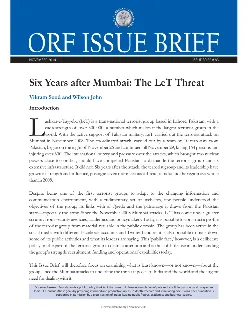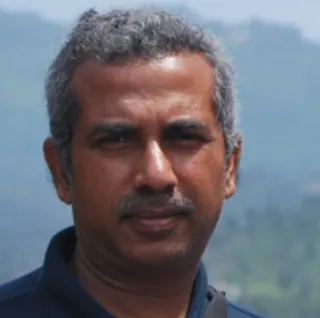Lashkar-e-Tayyeba (LeT) is a trans-national terrorist group based in Lahore, Pakistan, with a cadre strength of over 500,000, a number which makes it the largest terrorist group in the world. With the active support of Pakistan military, LeT carried out the terrorist attack on Mumbai in November 2008. The coordinated attack, carried out by a team of 10 terrorists from Pakistan, began on the night of November 26 and continued till November 29, killing 164 persons and injuring over 300. The international outcry and pressure over the attacks, which brought two nuclear powers close to conflict, should have compelled Pakistan to dismantle the terrorist group and its extensive infrastructure. It did not. Six years after the attack, the terrorist group and its leadership have grown in strength and influence, posing an even more serious a threat to India and the region as a whole than in 2008.
Despite being one of the first terrorist groups to adapt to the changing information and communication environment, with a rudimentary set of websites, few people understood the objectives of the group, its links with al Qaeda and the patronage it draws from the Pakistan state—especially the army. Since the November 2008 Mumbai attacks, LeT has come under greater scrutiny from security agencies, academics and policymakers. Today, it is possible to construct a profile of the terrorist group from material available in the public domain. The group has been active in the social media with different Facebook accounts and Twitter handles; it is also possible to track down some of its public activities and what its leaders are saying. This ‘public face,’ however, is a deliberate policy on the part of the terrorist group to distract attention and is thus of little use in understanding the group’s strength, recruitment, funding and ‘operational’ capabilities today.
This Issue Brief will therefore focus on examining what is least known—or not known—about the group since the Mumbai attacks to underline the threat it poses to India and the world and the urgent need for dealing with it.
The views expressed above belong to the author(s). ORF research and analyses now available on Telegram! Click here to access our curated content — blogs, longforms and interviews.

 PDF Download
PDF Download



 PREV
PREV



